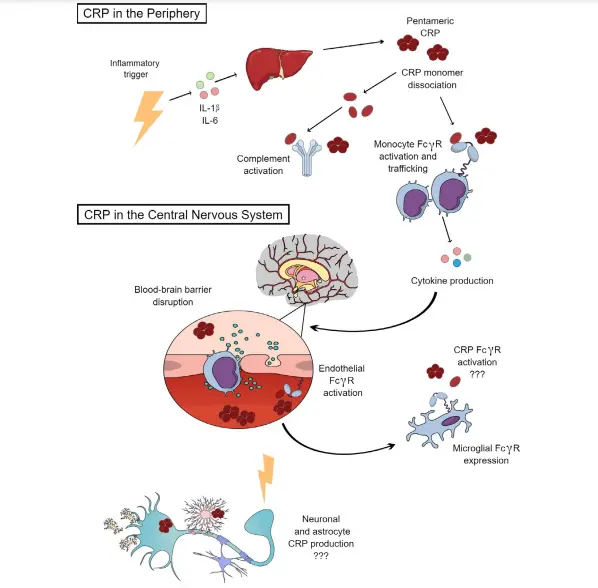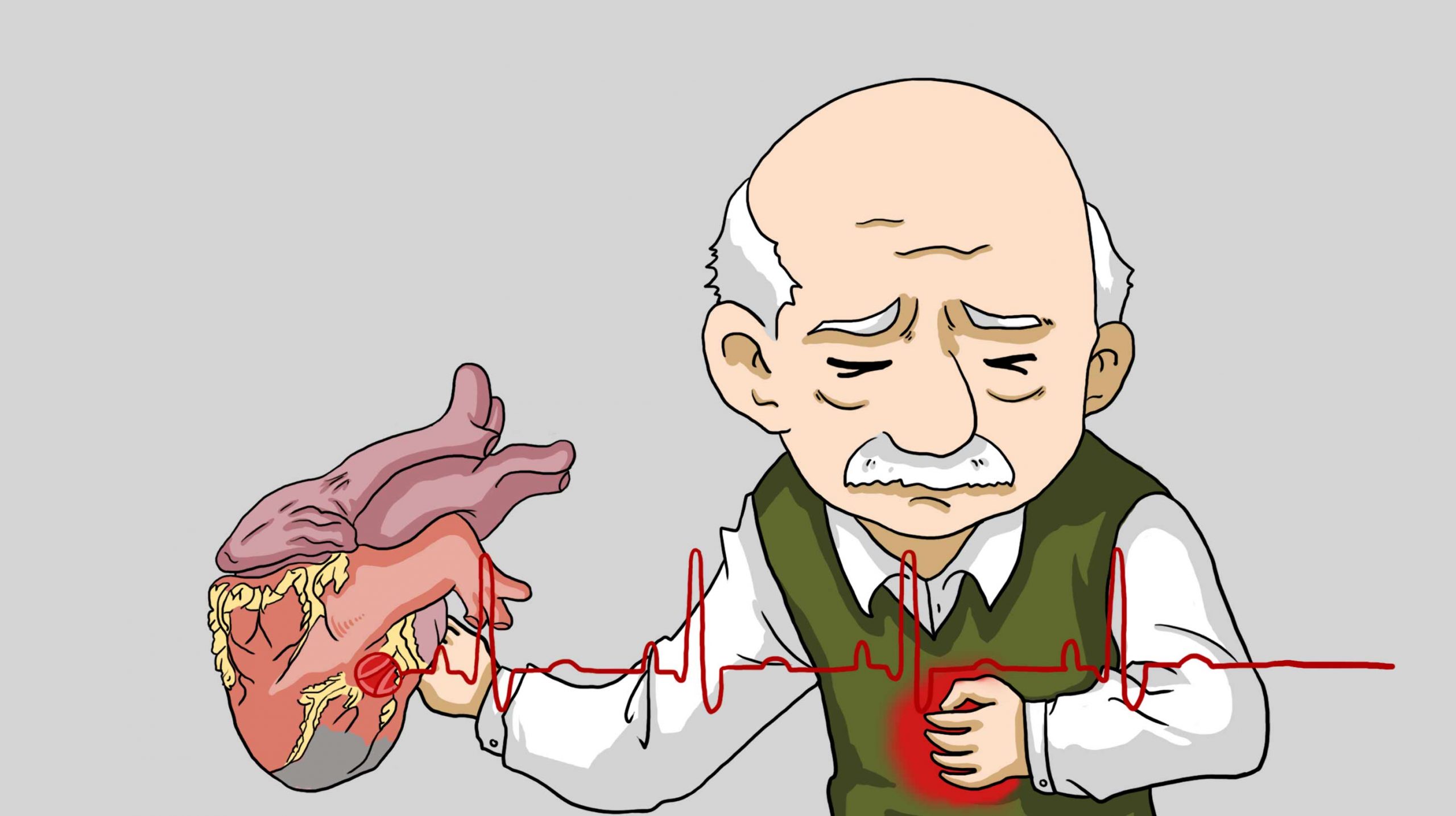Is sleeping through the night harmful to your health? Hear what doctors have to say today!

Oops, I got up early today, no, I’m really sleepy, I didn’t get enough sleep, I’ll take another nap! Do you usually have this habit? Many people believe that sleeping through the night is a healthy addition to the body, but some people question this: “Is there any harm in sleeping through the night, every time I sleep through the night, my head will be groggy, not at all full of energy after a good night’s sleep. So what is the truth? Is sleeping through the night harmful to your health? Let’s hear what doctors have to say today!
Is sleeping through the night harmful to your body? Today we’re going to tell you about it!
Doctors say that sleeping through the night is not a bad thing for us and that we should not listen to rumours, alarmist talk and blackmail.
Why do we have the desire to sleep through the night?
1. It may be due to problems caused by bad sleeping habits.
Nowadays, the standard of living has improved, but our lifestyle has also changed drastically; for example, staying up late on a regular basis is a common thing in life; however, this habit can easily lead to a lack of sleep; at this time, we need to sleep more to replenish, which leads to the problem of sleeping back. So I hope that you can do the good habit of going to bed early and waking up early to maintain a good and regular sleep.
2. The problem may be caused by your sleep inertia.
May be many people for the so-called sleep inertia is not very understanding, in fact it mainly refers to you just come, it is easy to will appear slow reaction, all sleepy situation. In fact, this is common in our life division Fan, especially when you are in deep sleep, suddenly awakened by a dream or woken up by the alarm clock, usually will easily lead to the problem of difficulty in getting up, this time your brain has not yet fully awakened from deep sleep, this time you will certainly not feel the situation of mental jitters.
In this case, we can sit up for a quarter of an hour and wait for your brain to slowly wake up before doing other activities.
3. The problem may be caused by a lack of sleep.
Generally speaking, we should keep our daily sleep at 6-8 hours, and of course the best sleep is about 8 hours. However, as we all have different health conditions and different sleeping hours, it is not unusual for us to not get enough sleep in the same amount of time; sometimes sleeping through the night is not bad for our bodies, but can help us to play a role in supplementing our sleep to a certain extent, but do not sleep for too long, otherwise it will be bad for your body.
How can we reduce the occurrence of sleeplessness and improve the efficiency of waking up?
Suggestion 1: Make sure you get up on time.
Having a good and regular routine in our daily lives can greatly reduce the sleep inertia we experience when we wake up early in the morning. A good routine allows us to be easily awakened from a light sleep, which helps us to avoid a groggy brain when we wake up, thus reducing the chances of sleeping through the night.
Suggestion 2: Improve the quality of your sleep.
If you want to reduce the problem of sleeplessness, the most important thing is to get a good night’s sleep and improve the quality of your sleep; don’t stay up late at night and go to bed early. If you are experiencing light sleep, sleep disorders, difficulty falling asleep, etc., it may be due to stress, over-excitement or nervousness, or it may be due to a medical condition, so go to the hospital for a consultation and examination.
Suggestion 3: Other ways to reduce sleepiness.
In your daily life, when you get up, open the curtains in your bedroom so that the sunlight can shine into is room. The harsh little sunlight will inevitably wake you up immediately; also in the morning you can drink a glass of warm break or milk, which will also help to wake up the inner cell movement quickly.



